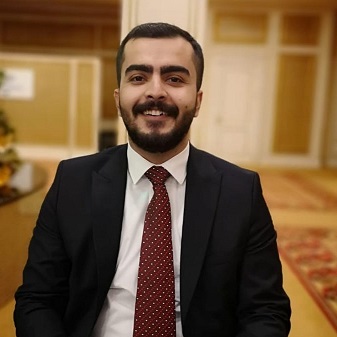Forward
This research work was supported by the German Agency for International Cooperation GIZ (Deutsche Gesellschaft für Internationale Zusammenarbeit GmbH) and implemented in cooperation with the Iraqi Economists Network. The activity is part of the GIZ project Private Sector Development (PSD) which is being implanted in Iraq since 2018. The objective of this particular activity is to upgrade research and publication capabilities of junior Iraqi economists and scholar and to enabling them participating on the scientific economic discourse in their home country. Ultimately, the activity aims at building new capacity for the preparation of the policy decision making process leading to improved formulation of economic policy measures, which contribute to reduce unemployment and to enhance the role of the Iraqi private sector in achieving sustainable development. The author of this paper was coached and supervised by Dr Meer Ako Ali.
Abstract
Economic growth in Iraq has been mainly the subject of fluctuating oil crises. The diversification of the economy away from oil dependency is a called-for policy by many national and international scholars. This paper investigates the growth pattern in Iraq determined by an interaction effect of human capital and economic institutions. It shows that a non-oil-based possibility is real in Iraq, both in the short and long-term. It is an attempt to shed light on whether Iraq needs to simultaneously improve its human capital accumulations (proxying quality and quantity of schooling and health) with its institutions or individual improvements. We use autoregressive distributed lag method that shows a significant and robust relationship. The finding of this paper empirically illustrates the possibility of room for maneuver in an otherwise seemingly political and social deadlock: increased education investment is the beacon of optimism.
To contonue reading Download PDF








Comment here